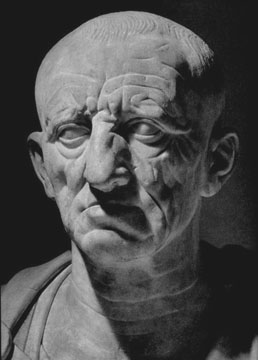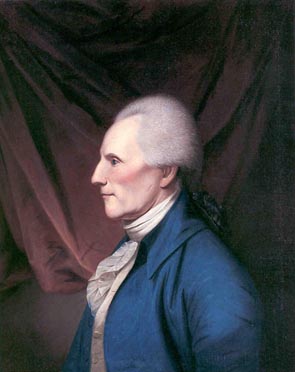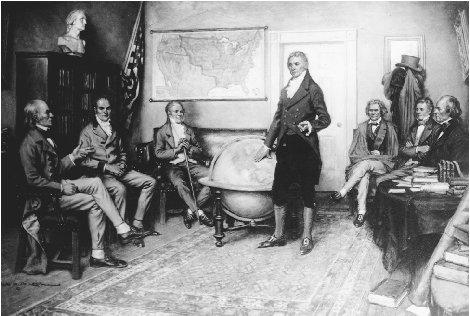 "Aurelius Zoticus, a native of Smyrna, whom they also called 'Cook,' after his father's trade, incurred the emperor [Elagabalus's] thorough love and thorough hatred, and for the latter reason his life was saved. This Aurelius not only had a body that was beautiful all over, seeing that he was an athlete, but in particular he greatly surpassed all others in the size of his private parts. This fact was reported to the emperor by those who were on the look-out for such things, and the man was suddenly whisked away from the games and brought to Rome, accompanied by an immense escort, larger than Abgarus had had in the reign of Severus or Tiridates in that of Nero. He was appointed cubicularius [bed-chamber servant] before he had even been seen by the emperor, was honoured by the name of the latter's grandfather, Avitus, was adorned with garlands as at a festival, and entered the palace lighted by the glare of many torches. Sardanapalus [Elagabalus], on seeing him, sprang up with rhythmic movements, and then, when Aurelius addressed him with the usual salutation, "My Lord Emperor, Hail!" he bent his neck so as to assume a ravishing feminine pose, and turning his eyes upon him with a melting gaze, answered without any hesitation: 'Call me not Lord, for I am a Lady.'"
"Aurelius Zoticus, a native of Smyrna, whom they also called 'Cook,' after his father's trade, incurred the emperor [Elagabalus's] thorough love and thorough hatred, and for the latter reason his life was saved. This Aurelius not only had a body that was beautiful all over, seeing that he was an athlete, but in particular he greatly surpassed all others in the size of his private parts. This fact was reported to the emperor by those who were on the look-out for such things, and the man was suddenly whisked away from the games and brought to Rome, accompanied by an immense escort, larger than Abgarus had had in the reign of Severus or Tiridates in that of Nero. He was appointed cubicularius [bed-chamber servant] before he had even been seen by the emperor, was honoured by the name of the latter's grandfather, Avitus, was adorned with garlands as at a festival, and entered the palace lighted by the glare of many torches. Sardanapalus [Elagabalus], on seeing him, sprang up with rhythmic movements, and then, when Aurelius addressed him with the usual salutation, "My Lord Emperor, Hail!" he bent his neck so as to assume a ravishing feminine pose, and turning his eyes upon him with a melting gaze, answered without any hesitation: 'Call me not Lord, for I am a Lady.'"Roman troops killed Elagabalus, together with his mother, when he was just eighteen years of age. Their heads were cut off and their bodies dragged through the streets and then thrown into the Tiber.



















